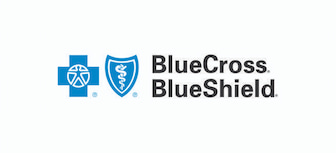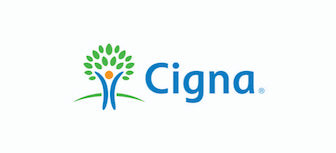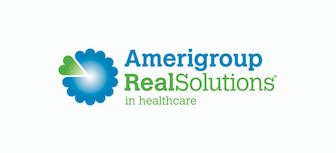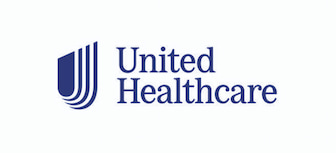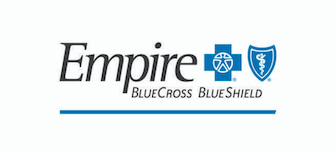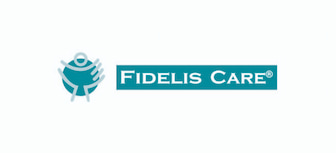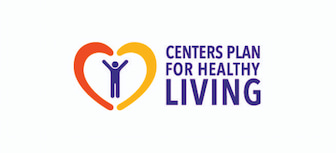Is It Difficult to Find a Gynecologist in Downtown Brooklyn Who Takes Medicaid?
Downtown Brooklyn is a thriving area with nearly 30,000 residents. Not all NYC gynecologists take Medicaid, but there are many who do. So it isn’t that difficult to find a gynecologist in Downtown Brooklyn who takes Medicaid and treats you with the respect and compassion you deserve.
A gynecologist is a doctor who specializes in the care of the female reproductive system, which consists of your ovaries, uterus, fallopian tubes and vagina. Your primary care doctor may be able to diagnose and treat minor problems related to your reproductive system, but for more complex issues, book an appointment with one of the best gynecologists in Downtown Brooklyn as soon as symptoms appear if you want to prevent complications.
Does Medicaid Cover Appointments with the Best Gynecologists in Downtown Brooklyn?
Medicaid provides access to healthcare for eligible low-income individuals and families, including outpatient doctor appointments. Visits to gynecology specialists, then, are covered.
Other services Medicaid covers include:
- Prescriptions
- Family planning
- Medical equipment
- Lab tests
- Hospital stays
You may be required to pay small co-payments for some services, such as a hospital stay or an emergency room visit. Appointments with a physician in private practice don’t require a co-pay. As a Medicaid beneficiary, you can get the healthcare you need for no or low cost.
When Should Teenagers First See a Downtown Brooklyn Gynecologist Who Takes Medicaid?
If you’re the parent of teenagers, it’s acceptable to bring your teen to a gynecologist in Downtown Brooklyn who takes Medicaid. Schedule the first gynecology-related appointment for a girl between the ages of 13 and 15. This visit doesn’t have to involve a pelvic exam.
You can expect to discuss:
- The teen’s understanding of the menstrual cycle
- How to recognize whether vaginal discharge is normal or abnormal
- Sex education, including birth control, sexually transmitted infections and safe sex
If your teen hasn’t visited a gynecologist in her teens, book an appointment with an NYC gynecologist by age 21, even if she’s not sexually active. Annual Pap smears are recommended by this age to screen for cervical cancer.
Are Evening Appointments an Option with Downtown Brooklyn Gynecologists Who Take Medicaid?
Some Medicaid gynecologists offer appointment times in the evenings to accommodate patients who have difficulty getting to appointments during the day. Some also have early morning or weekend appointments.
When you’re ready to book an appointment with a Medicaid gynecologist in Downtown Brooklyn, call the practice and ask:
- Whether the practice is accepting new patients
- Whether they accept Medicaid
- What hours appointments can be scheduled
Some gynecologists offer virtual visits, which allow you to see the doctor online through a video conferencing app. Most gynecology appointments require in-person appointments, but virtual visits may be appropriate for routine questions, prescription refills, and follow-ups to a previous appointment.
What Does a Medicaid Gynecologist in Downtown Brooklyn Do?
A gynecologist in Downtown Brooklyn who takes Medicaid keeps you healthy by providing a wide range of services relating to the female reproductive system. Whether you’re a teen or post-menopausal, your gynecology doctor can keep you healthy.
Your gynecologist:
- Monitors the health of your reproductive organs
- Screens for different types of reproductive cancer
- Provides birth control and explains your options
- Helps you understand changes in your body at different stages
- Tests for sexually transmitted infections
If you have an infection or a disorder that involves the reproductive system, your New York gynecologist determines the best option for treatment. Treatment options include hormones, medications, lifestyle changes or surgery.
What’s the Difference Between an Obstetrician and a Gynecologist?
Obstetricians and gynecologists are both doctors who specialize in the care of a woman’s reproductive system. An obstetrician focuses exclusively on women who are pregnant, delivering care throughout the pregnancy, the delivery and the mom postpartum.
Pregnancy-related problems treated by an obstetrician include:
- Gestational diabetes
- Preeclampsia
- Infections
- Preterm labor
- Depression and anxiety
Women who aren’t pregnant and aren’t trying to get pregnant can book an appointment with a gynecologist for general women’s reproductive healthcare. Some doctors choose to combine both obstetrics and gynecology into one practice, which is called obstetrics-gynecology and usually referred to as OB/GYN.
How Do I Know If I Need to See a Gynecologist in Downtown Brooklyn Who Takes Medicaid?
Book an appointment to visit a Medicaid gynecologist if you’re having any symptoms related to your reproductive system that concern you.
Symptoms that you should discuss with a gynecology expert include:
- Painful periods
- Abnormally heavy periods
- Irregular periods
- Bleeding after menopause
- Pelvic or lower abdominal pain
- Unusual vaginal itching, odor or discharge
- Changes to a breast, such as discharge from a nipple or a lump
- Growth or sores in your pubic area
- A sense of pressure or fullness in your vagina
- Pain during sex
- Loss of libido
Besides unusual or painful symptoms, visit your Medicaid gynecologist in Downtown Brooklyn if you know you’ve been exposed to a sexually transmitted infection (STI), such as:
- Gonorrhea
- Chlamydia
- Syphilis
- HIV/AIDS
- Human papilloma virus (HPV)
- Genital herpes
Why Should I Visit a Medicaid Gynecologist in Downtown Brooklyn?
STIs and other vaginal infections are common. Some are treatable by your primary care doctor. Visit your gynecologist if you’re more comfortable talking about such sensitive subjects with a gynecology specialist. These doctors test for STIs and other infections, and then provide any needed treatment.
If you have any symptoms that seem out of the ordinary, book an appointment for a routine exam by a gynecologist in Downtown Brooklyn who takes Medicaid at least once a year. An annual exam provides preventive screening, so it’s the best way to protect your reproductive health.


 My BestDoc
My BestDoc
 Future Appointments
Future Appointments
 Settings
Settings
 Sign out
Sign out


